Published
- 06:00 am
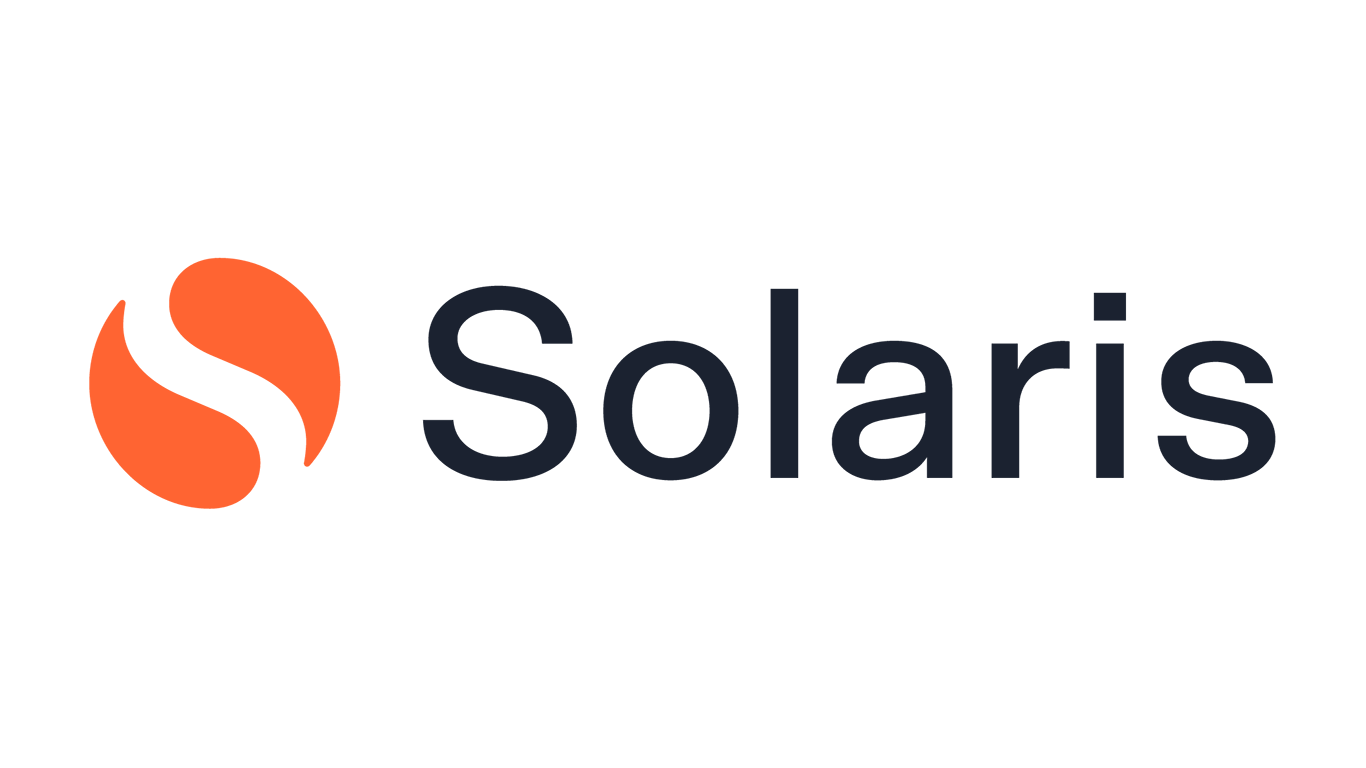
Solaris SE, Europe’s leading embedded finance platform, announced today the EUR 38 million first close of its Series F round, led by existing investors. As previously stated, Solaris will use the funds primarily to strengthen governance and compliance and lay the foundation for the company's next phase of growth.
“Over the last few months, we have been working hard on our priorities. We invested in the resilience of our platform, we are consistently hitting our monthly targets, and we have now secured the planned capital increase. The strong commitment of our shareholders is a testament to our strategy and the dedication of our employees,” says Carsten Höltkemeyer, CEO of Solaris.
The year 2022 put Solaris to the test. The company closed the fiscal year with net revenues of EUR 130 million, a growth of 30 percent compared to the previous year, but a loss of EUR 56 million. The management team had already taken measures last year to address the changed market conditions. The 2023 half-year results confirm the course set and show that Solaris' scalable business model can already operate profitably.
“Despite the good progress we have made, we are still in the early stages of implementing our strategy. Our next milestone will be the integration of Contis in order to exploit the full potential of our technology and product platform. This will be accompanied by further reduction of complexities and focus on our core products. Solaris will become a highly efficient and performance-driven company with sustainable run-rate profitability,” says Höltkemeyer.
In parallel, there are changes in the Solaris board. Chief Operating Officer Chloé Mayenobe has decided to take on new professional challenges and will leave the company as of July 31. The position will not be refilled.
"It has been a unique opportunity to be part of Solaris' journey to become Europe's leading embedded finance platform. I would like to thank all Solarians for providing a continuous energy that was contagious in carrying out my responsibilities," says Mayenobe.
Solaris operates in a large addressable market with a compound annual growth rate of about 25 per cent and a revenue pool in Europe of up to EUR 35 billion by 2027. As the acceptance of embedded finance broadens, Solaris asserts its pole position in the fintech space, tapping into established corporates and large ecosystems with best-in-class product offering. In recent months, several high-profile and international brands have joined Solaris’ platform, including the General German Automobile Club (ADAC), Paycell or Jimdo.
Related News
- 01:00 am
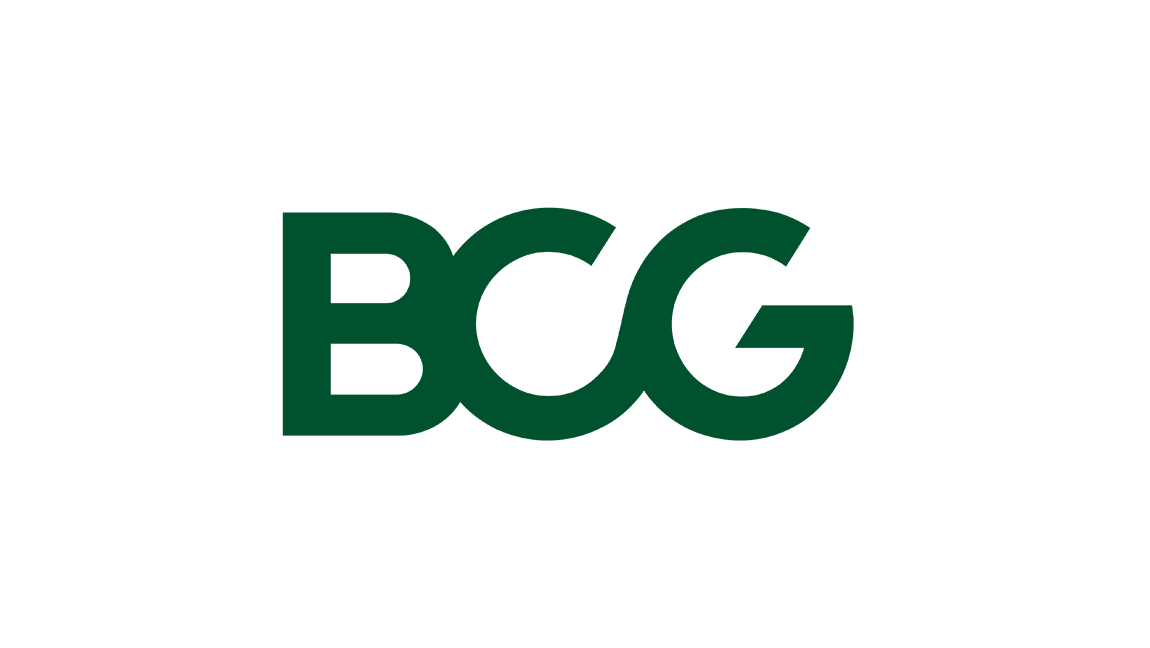
Financial technology revenues are projected to grow sixfold from $245 billion to $1.5 trillion by 2030, according to a new report released by Boston Consulting Group (BCG) and QED Investors. Despite fintechs losing more than half their market value on average in 2022, Global Fintech 2023: Reimagining the Future of Finance found that the plunge was merely a short-term correction in an otherwise long-term positive trajectory, as the industry’s fundamental growth drivers haven’t changed.
“Globally and in Africa, the fintech journey is still in its early stages and will continue to revolutionise the financial services industry as we know it,” says Caio Anteghini, partner at BCG, Johannesburg. “Even though financial services remains one of the most profitable sectors of the economy worldwide, it struggles with innovation and customer experience remains poor. More than half the world’s population remains unbanked or underbanked, with the majority in emerging economies, and technology continues to unlock new use cases in leaps and bounds. All stakeholders must therefore seize the moment. Regulators need to be proactive and lead from the front, while incumbents should partner with fintechs to accelerate their own digital journeys.”
Nigel Morris, QED Investors managing partner and co-author of the report, says: "We expect to see continued growth not only in developed markets in the US and Europe, but also in developing fintech markets in Latin America, Asia, and Africa, where the inertia and friction is even greater. QED remains more bullish than ever about the future of fintech and its promise to improve the lives of billions of people across the world."
A new wave of emerging fintech leaders
Historically an underpenetrated market with nearly $4 trillion in financial services revenue pools, Asia-Pacific (APAC) is poised to outpace the US and become the world’s top fintech market by 2030, with a projected compound annual growth rate (CAGR) of 27%.
The region’s fintech growth will be driven primarily by Emerging APAC (e.g. China, India, and Indonesia), as it has the largest fintechs, voluminous underbanked populations, a high number of small and medium-sized enterprises, and a rising tech-savvy youth and middle class.
Other developing markets will also enjoy robust growth. The report forecasts that Africa will be the fastest-growing region and projects a fintech revenue CAGR of 32% until 2030 in Africa, with South Africa, Nigeria, Egypt, and Kenya being the key markets.
“Unencumbered by legacy infrastructure, Africa can leapfrog its way to a new financial ecosystem and address the challenges of a population that is predominantly unbanked or underbanked. Nearly 500 million adults in the Middle East and Africa (MEA) region are unbanked – that is 52 percent – while 43 percent are underbanked. Fintech could be a vehicle to solve the access issue, with smartphones presenting major opportunities in payments and lending for regional champions with full-stack attacker models,” says Anteghini.
Leading the next era of fintech growth
While payments led the first part of the fintech journey – and will remain the largest fintech segment in 2030, growing fivefold to $520 billion – B2B2X (B2B to any user) and B2b (serving small businesses) will lead the next era.
B2B2X is made up of B2B2C (enabling other players to better serve consumers), B2B2B (enabling other players to better serve businesses), and financial infrastructure players. The B2B2X market is expected to grow at a 25% CAGR to reach $440 billion in annual revenues by 2030, supported by growth in embedded finance and financial infrastructure.
The B2b fintech market is expected to grow at a 32% CAGR to reach $285 billion in annual revenue by providing solutions to credit-starved and poorly served small businesses. Small to mid-sized enterprises (SMEs) worldwide have an estimated $5 trillion in annual unmet credit needs, and account for close to 70% of jobs and GDP globally, according to the World Economic Forum. In Africa, SMEs provide over 80% of all jobs across the continent – showcasing the enormous opportunity for growth for fintechs in this space.
Spreading the opportunities in emerging markets
Spread businesses, which include banks and neobanks, lending platforms, mortgage lenders, and credit unions, will face challenges in developed markets where they will need to access stable and low-cost sources of deposits in order to reduce their cost of capital – such as by acquiring a bank license.
In emerging markets, on the other hand, neobanks play a key role in expanding financial access and inclusion. There are opportunities in insurance and wealth management, and B2B2X (enablers) will be able to seize significant opportunities.
The role of regulators
Regulation of fintechs has traditionally been relatively light, non-proactive, fragmented, and, in some cases, even lagging behind. While recent bank crises have made them more sensitive to asset/liability management, in addition to creating guardrails, regulators must ensure they are not overregulating the industry and thereby stifling innovation.
Regulators should consider leveling the playing field via such actions as enabling faster pathways for banking and payment institution licenses, facilitating an open banking ecosystem, and supporting digital public infrastructure. “The rise of new technologies has created a need for next-gen infrastructure that can facilitate complex transactions in a more digital world – and systems that facilitate the delivery of essential services and benefits to the general public, such as digital ID and verification, can promote economic expansion, especially in emerging markets,” says Anteghini.
The combination of digital identity, an API-enabled payments network allowing for real-time settlements, and access to innovators to build use cases is increasingly becoming a solution to fast-track digital services – and showing particular value in markets where cash is still dominant, such as South Africa.
A focus on the future for fintechs and incumbents
The landscape today is much different than it was in 2021 and early 2022 when so many fintechs were able to attract higher funding. Today, fintechs need to conserve cash and stretch their runways to get through the “funding winter” without resorting to raising money at lower valuations. They should therefore focus on their core business, strengthen their competitiveness and pursue aggressive strategies such as talent acquisition, gain market share by entering new geographies/markets, and explore M&A opportunities—while also taking an active role in shaping and embracing forward-looking regulations that enhance customer confidence and drive higher valuations.
Incumbents typically find it difficult to be disruptive innovators, and have tried to buy these capabilities by acquiring fintechs. To avoid failed acquisitions and shorten fintechs’ time and cost to market, incumbents and fintechs should form “value-based partnerships,” which allow the fintechs to remain independent but with a clear commercial arrangement that is to the benefit of both partners.
“We are in the early stages of a 25-year (or longer) growth journey – and the opportunities for growth, particularly in emerging markets like Africa, are only just gathering momentum,” concludes Anteghini.
Related News
- 08:00 am

International, non-profit organization nexo standards – established to create a unified global card payments acceptance ecosystem – has welcomed GIM-UEMOA into the association to implement ISO 20022 specifications that help reduce time to market of West African payment solutions and improve the customer experience.
GIM-UEMOA brings together 145 members including banks, financial and postal institutions, microfinance structures, electronic money institutions and promotes electronic payment systems and means of payment to the banking and financial sectors, administrations and the population of the West African Economic and Monetary Union (WAEMU).
The organization’s ambition is to work with nexo and adopt ISO 20022-based specifications so it can meet the specific needs of the WAEMU zone.
“Our members are critical in helping to shape the future of payments. With their support, we can break new ground worldwide and ensure that global, unified standards are available to all. We are eager to help GIM-UEMOA meet its ISO goals and learn from its regional expertise as nexo continues its efforts to simplify payments acceptance everywhere,” comments Jean-Philippe Joliveau, Chairman of the Board of Directors, nexo standards.
Speaking about joining nexo standards, Minayegnan Coulibaly, CEO of GIM-UEMOA, adds: “This is a significant partnership for the future of payments across West Africa as we continue to provide a connected, modernized, interoperable and secure platform offering.
“Electronic payment inter-banking in the WAEMU area is no longer an option but a necessity. With more of the West African population using mobile money over cards, we want to collaborate closely with nexo to contribute to the specifications and enable mobile money to be recognized as a standardized use case both in the region and globally too.
“Additionally, with nexo standards, it means we can further support our members in cross-border transactions – and ISO 20022 migration will be integral in achieving this.”
nexo standards currently has a 101-strong membership spanning Europe, America and the Middle East. It has powered over a billion transactions, supporting the simplified implementation of payment acceptance solutions through standardization.
Related News

Steve Lamb
COO at Kyckr
The challenges to financial crime prevention are greater than ever. see more
- 02:00 am
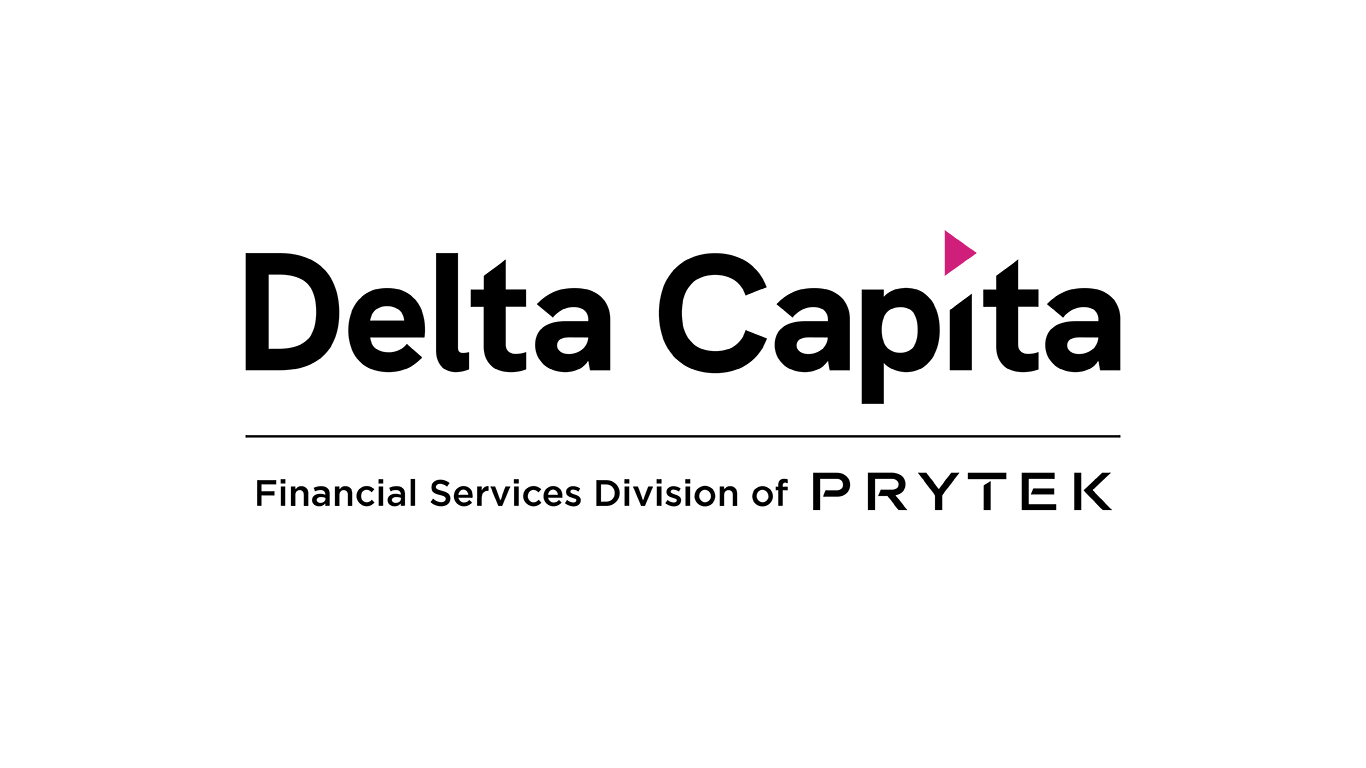
Delta Capita, a leading global capital markets consulting, managed services and technology provider, today announces that it has partnered with Perigon Partners, a specialist sustainability strategy consultancy, to advance its sustainability consulting offering by providing their clients access to Perigon’s expert sustainability advisory.
Delta Capita has a dedicated and rapidly expanding internal sustainability practice, whose efforts have been recognised by EcoVadis who awarded them a silver rating for 2023, placing them in the top 25% of over 100,000 companies for sustainability.
The partnership will grant Delta Capita’s clients the option to leverage Perigon’s services to develop sustainable strategies that are aligned with their commercial goals. Perigon’s offering includes diagnostic capabilities such as double materiality assessments, ESG due diligence, ‘quick start’ ESG framework development, sustainability strategy advisory, reporting guidance, and communication advisory.
The partnership comes at important time for the financial services industry as sustainability-related regulations are becoming more and more prevalent, such as the new IFRS S1 and S2 standards recently issued by the ISSB, and stakeholders are increasingly requesting on-demand ESG metrics.
“At Delta Capita we are passionate about people, the planet and society, so teaming up with Perigon Partners to help our clients make an impact on these domains of sustainability is compelling.” said Diane Eshleman, Chief Sustainability Officer at Delta Capita. “Using Perigon Partners’ experience in sustainability strategy, and their proprietary double materiality assessment tool, we have been able to provide our clients with tailored strategies best aligned with their business operations and stakeholder demands, directed at sustainability issues they can influence best.”
Nick Walford, Founding Partner of Perigon Partners, comments: “UK financial services firms are at the vanguard of changing climate and sustainability legislation and regulation, requiring an accelerated effort to embed environmental and social considerations into their business models. These firms also need to understand the commercial opportunity and economic responsibility they have to finance the transition to a more sustainable, low-carbon society. Delta Capita deeply appreciates the importance of these issues, and our partnership brings together like-minded teams with complementary skillsets to extend how we both support clients.”
Related News
- 02:00 am

Over the past year, the European P2P market has strengthened and outlined a trend towards moderate growth, as was forecasted by Robocash investors.
According to a survey conducted in 2022, 43% of platform users indicated that the market will grow moderately next year.
Since the beginning of 2023, the European P2P industry has shown an average growth of 5% MoM.
The largest rise was observed in March (+28% against February). During the same month, all market segments grew in volume, especially property (+59%) and business (38%). “According to our data for the period from 2017 to 2021, the seasonality index in March is slightly above average. It could also be because the platforms often release financial statements for previous years in March, which encourages people to invest in one platform or the other.” - Robocash analytics comment.
For Robo.cash, March was also marked by growth in volumes. The platform showed an increase of +66% compared to February.
A noticeable decrease in the market was in April (-8% MoM). The consumer sector saw the smallest decline of 1%. Although at the same time, the month showed an increase of 13% compared to the same period in 2022.
“As the market is shaken by various macroeconomic factors, it becomes stronger and healthier, especially against the backdrop of volatile assets,” - Robocash analysts say. “Given the trend that emerged in the first 5 months of 2023, we can really count on systematic growth without a particular peak, if there are no events provoking this.”
Related News
- 01:00 am
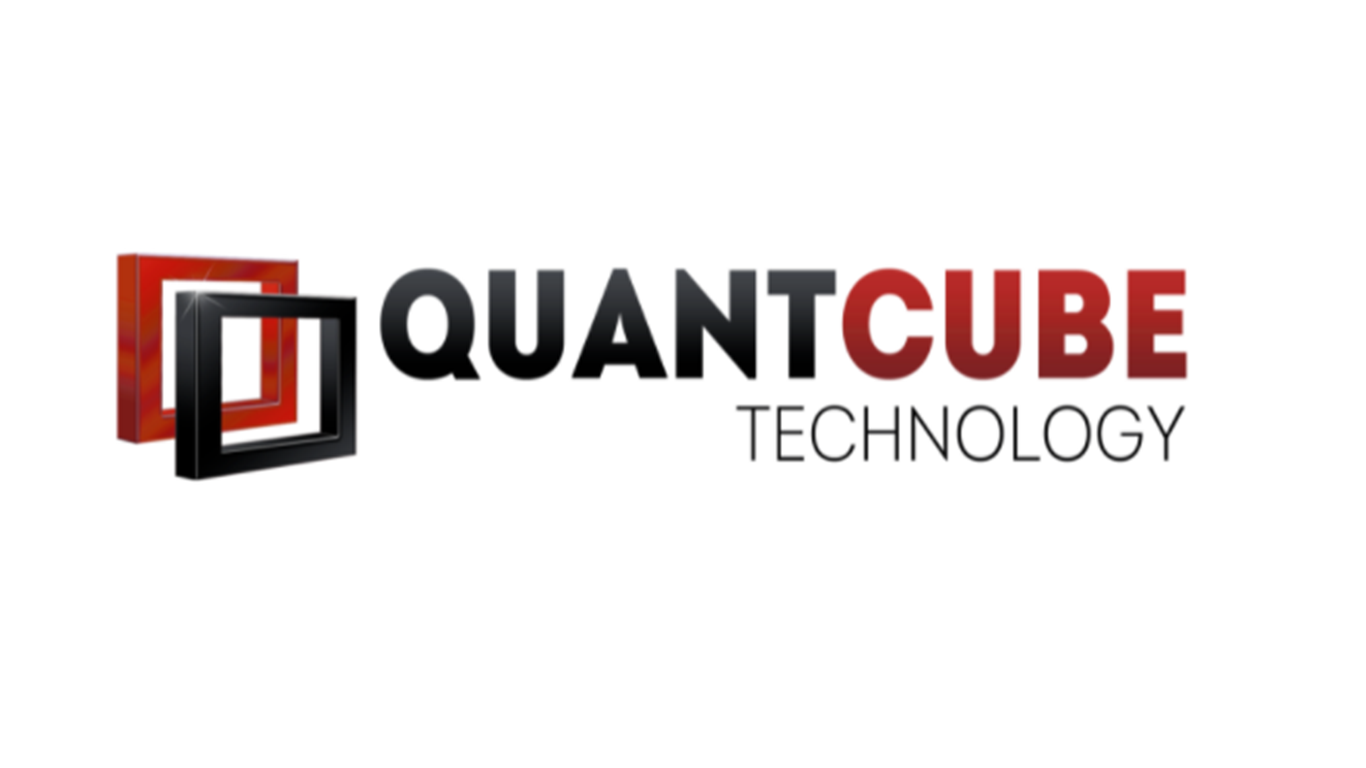
Alternative data specialist QuantCube Technology today announced that its real-time macro-economic data will be integrated into the new MSCI Economic Regime Allocator Index being launched by MSCI Inc., a leading provider of critical decision support tools and services for the global investment community.
The MSCI Economic Regime Allocator Index allocates assets into different exposures based on a pre-determined set of rules. The index works on the premise that financial markets generally go through different cycles or phases, and during these cycles, different types of assets or stocks tend to perform differently. The index allocates assets to different market subsets based on the current economic regime. As the economy moves from one regime to another the assets in the index are rotated and reallocated with the aim of maximizing investment performance.
“The challenging macro-economic environment means that investors are looking for ways to navigate market conditions significantly affected by inflation and changeable growth patterns. The MSCI Economic Regime Allocator Index brings in QuantCube’s nowcast data to track variables such as GDP and CPI, which helps create an investment solution that dynamically adapts to the current economic situation,” explained Stéphane Mattatia, Global Head of Thematic Indexes for MSCI.
The definition of the four different economic regimes – Stagflation, Heating up, Slow growth and Goldilocks – are based on the rate of change of GDP and CPI indicators and whether these are rising or falling. In a period of low growth where inflation is falling it can be more attractive to hold treasuries, while if economic growth and inflation are both rising it can be better to hold equities. A sectoral approach, based on rotating equity holdings by sector according to the economic regime is also essential in optimizing overall performance.
Based on historical market data from MSCI and QuantCube, recorded over a 10-year period from October 2012 to February 2023, the new index demonstrated annualized returns of 11.04% versus a benchmark return rate of 5.83%. The benchmark was based on allocating 60% of assets to the MSCI World index and 40% to USA treasuries. Additionally, looking at the most recent 1-year performance of the new index, it showed annualized returns of +0.8% versus a negative return of -8.59% for the benchmark.
“We’re thrilled to be collaborating with MSCI to bring the Economic Regime Allocator Index to market,” said Thanh-Long Huynh, CEO and Co- Founder, QuantCube Technology. “We share MSCI’s goal to bring greater transparency to financial markets and to support the investment community in understanding and analysing key drivers of risk and return so as to build more effective portfolios. We do this by feeding the index with our real-time GDP and CPI nowcast data which is computed on a daily basis and is available significantly ahead of the publication of official data. Though future returns can never be guaranteed, the simulations we’ve conducted with MSCI to demonstrate the projected annualized returns versus the benchmark shows the value to be gained by allocating assets based on the economic regime.”
Related News
- 03:00 am
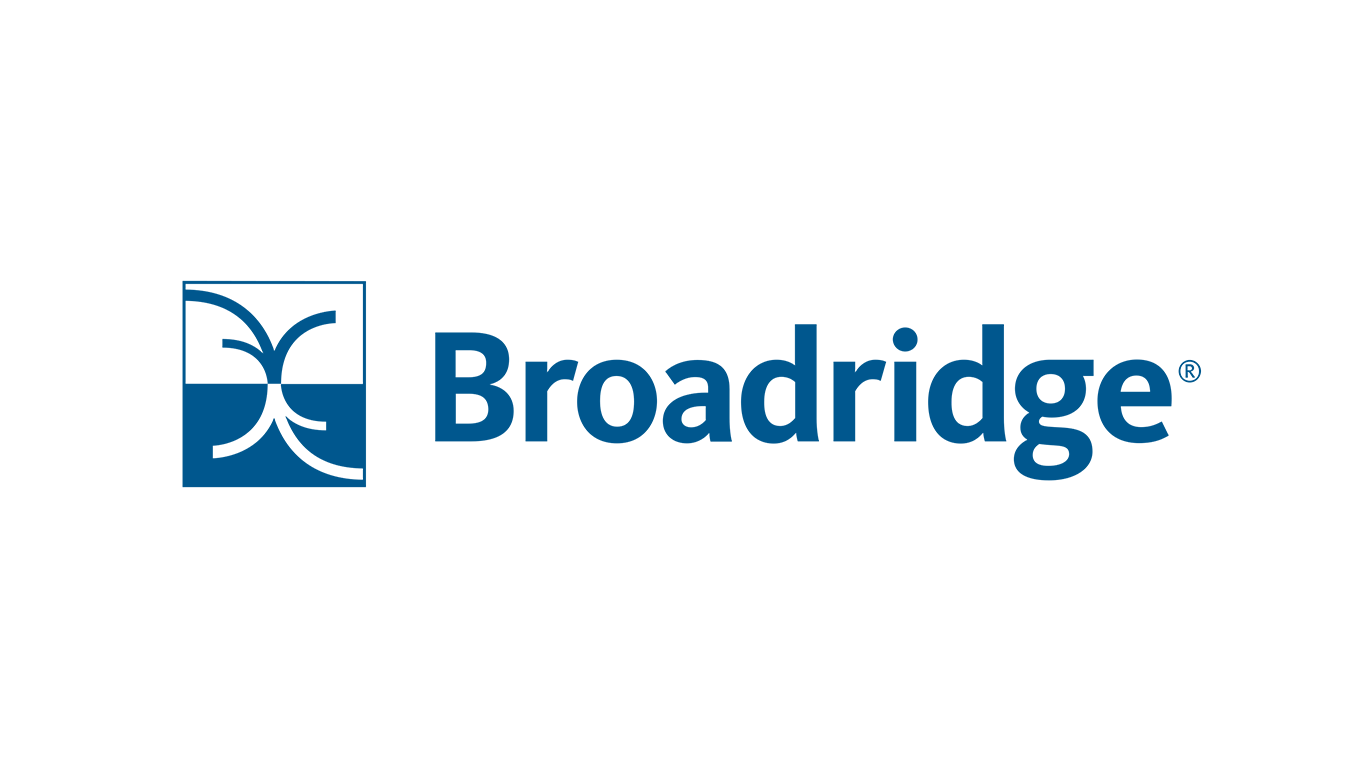
Despite a persistent interest in crypto assets, a majority of investors don’t prioritize the metrics experienced crypto traders tout when assessing the viability and attractiveness of crypto assets, according to a new Digital Disclosure Survey from global Fintech leader, Broadridge Financial Solutions.
The Broadridge study, which was conducted in conjunction with Dr. Chris Brummer, the Agnes Williams Sesquicentennial Professor of Financial Technology at
Georgetown Law, surveyed 2,000 crypto market participants in the United States, UK and Canada and polled respondents on what performance metrics they look at when making an investment decision and where they find that information.
The report found that investors and prospective investors of crypto assets typically prioritize conventional metrics such as risks factors and security (54%), financial overview (e.g., cash flows) (52%) and holdings of the management team (43%) when making decisions. However, critical crypto-specific metrics such as tokenomics (16%) and network performance (28%) did not even make it to the top five of their concerns.
”The survey data reveal that many investors prefer traditional finance metrics, and emphasize them over other factors that impact crypto specifically,” said Dr. Brummer.
The findings raise questions as to whether investors fully appreciate the importance of crypto-native factors that can be essential to understanding crypto assets. Network performance, for example, can provide a real-time view on how the platform behind the crypto asset is performing, how holders are engaging with the platform, as well as the number of active projects – data any investor needs to know. In a similar vein, the tokenomics of a coin reflect and can determine the current and future supply of a particular asset.
Combating the Knowledge Gap
Over 65% of respondents suggested their holdings represented a long-term investment, suggesting that, contrary to popular perception, most participants may not be speculators. Additionally, 47% of respondents answered that their investments in the space were being used to educate themselves, suggesting a “learning by doing” approach by investors.
“To help better inform and educate investors, metrics that track crypto asset performance should be standardized, better disclosed and made more easily accessible, especially for retail investors needing the most relevant information and support possible to make informed decisions,” said Rob Krugman, Chief Digital Officer, Broadridge. “For any market to survive and grow, you need trust, and trust isn’t possible without transparency.”
Where and when are Investors Finding Crypto Information?
To further understand how investors and prospective investors are staying informed and educating themselves on crypto assets, the survey also asked where respondents receive their information and their ideal timeframe on receiving new updates. Respondents indicated they look to a variety of sources for this information, including the native website of the crypto provider (39%), a broker (35%), a crypto exchange (34%) and crypto press (32%), to name a few.
Given the decentralized nature of crypto assets, prospective investors are looking broadly for performance indicators; however, more investors claiming to have experience with crypto assets indicated that they tend to look for where the off-chain data is located, usually either on the asset provider’s own website or a third-party data provider, whereas prospective investors are still following the traditional finance approach and expect that data to be within their exchange app or brokerage.
In terms of frequency of information, just under half of all respondents would prefer to receive updates on at least a quarterly or monthly basis, with 27% of respondents preferring to receive updates as information changes. Given the rapid pace of the market, information needs to be provided to holders not only to ensure they are receiving timely updates on their holdings, but to also ensure they have a proper understanding of what that information means and what updates entail.
“This is the first-ever study to survey the disclosure preferences of crypto holders and investors, and a project we are proud to have led during this time of intense regulatory discussion,” observed German Soto Sanchez, Head of Corporate Strategy, Broadridge.
The full results from the Digital Disclosure Study can be found here.
Related News
- 02:00 am
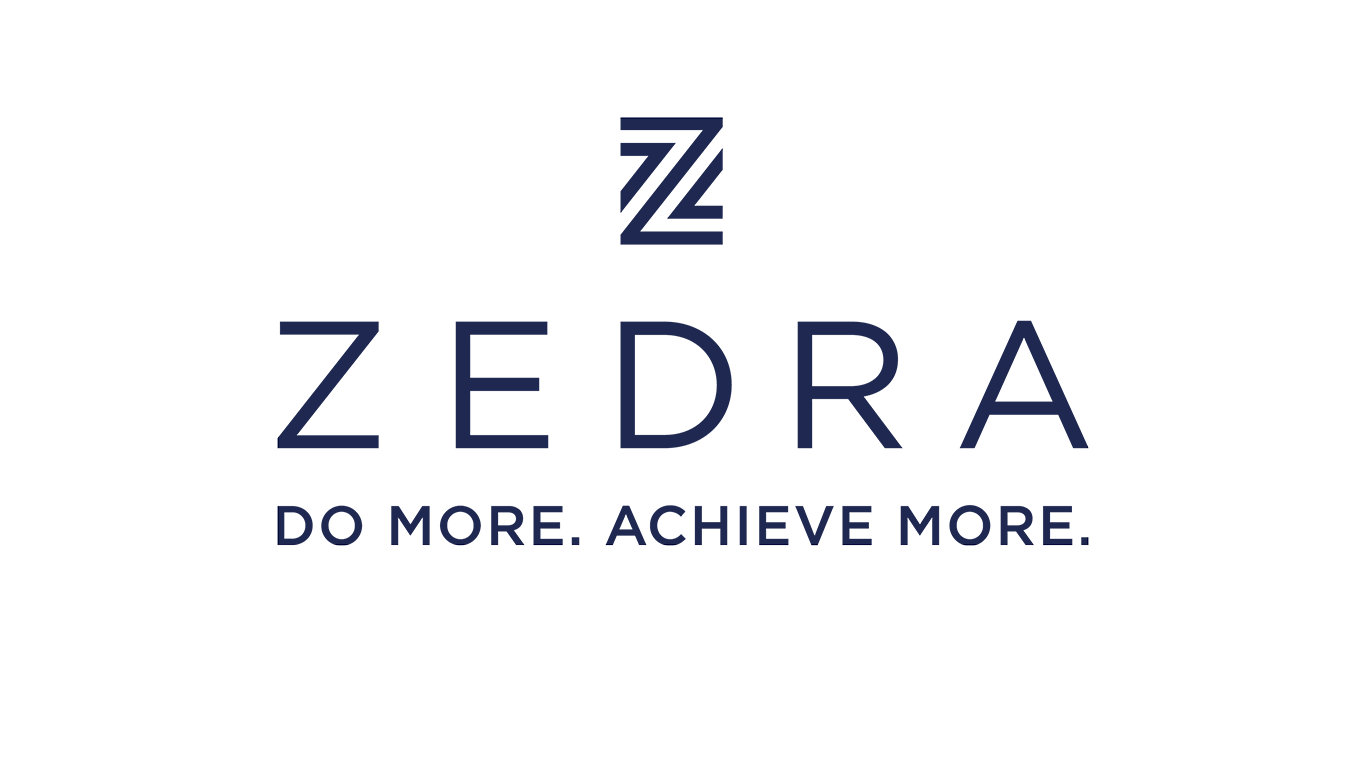
ZEDRA, the fast-growing global specialist in Fund Solutions as well as Corporate, Global Expansion, Active Wealth, Pensions and Incentives services, today announces the appointment of Mark McKeary as Commercial Director to support its global Fund Solutions team. He will be reporting to Wim Ritz, Global Head of Funds.
Mark’s appointment will strengthen ZEDRA’s funds services business, working within its London location to identify new business opportunities and build lasting relationships with seasoned and emerging fund managers and their advisers. Mark will be working closely with ZEDRA’s wider fund solutions team to advise fund managers who are looking to establish new investment funds, outsource fund administration or change fund administrators. In particular, Mark will help guide fund managers on the best jurisdiction for their fund, in accordance with their specific needs.
ZEDRA’s Fund Solutions team of nearly 100 experts is spread across locations including Luxembourg, the Channel Islands, Cayman Islands, Singapore, Curaçao, the US, and now the UK. The team provides the full range of fund administration services for both open and closed-ended funds to global clients.
Prior to joining ZEDRA, Mark held senior positions including the role of Commercial Director with several leading fund administration players.
Wim Ritz, Global Head of Funds at ZEDRA, said: “Having Mark on our team will further elevate ZEDRA’s name and reach in the European market. With over 15 years’ experience, Mark has extensive knowledge of the funds sector’s intricacies, and his proven track record is impressive.
“London was the obvious choice in terms of location for us to grow our funds team. Not only is the city the second major financial centre in the world, but it is also the largest European hub for fund managers. Having a physical presence in London is paramount to building a strong network and catering to managers worldwide who look to London for their fund services needs.
Having our funds business represented in London will also complement our other offerings already being serviced from the capital, including global expansion, active wealth and pensions services.
“In recent years, ZEDRA has been acquiring firms operating across our various areas of expertise, including funds, active wealth, global expansion and pensions. These acquisitions have enabled us to quickly and significantly increase our capabilities and grow our geographical footprint. The addition of Mark to the funds team will help reinforce the other aspect which has been integral to our success - our organic growth - thanks to the relationships he will be building with some of the key players in the industry.
“We’re delighted to welcome Mark and have him join us on ZEDRA’s exciting journey.”
Mark McKeary, Funds Commercial Director at ZEDRA, commented: “ZEDRA has built a truly robust and vibrant business, supported by talented individuals who share the firm’s values and passion to provide the best possible service. I am thrilled to join ZEDRA, especially at such an exciting time in the funds market.
“The funds sector has been performing strongly over the past few years, barre to the pandemic of course, and is on track to continue to do so given the boom in private markets and the massive inflow of private capital.
I’m really looking forward to putting my expertise to good use and help drive ZEDRA’s continued and future success.
Having established a strong reputation in Europe and Singapore, ZEDRA’s recent expansion into the US and LATAM market reaffirmed its commitment to becoming an international leader in the funds services industry, with London being a key-originator for alternative funds.”
Related News
- 02:00 am

GoCardless, the bank payment company, has appointed Franck Cohen as the Chair of its Board of Directors to accelerate its path to profitability.
The industry veteran and entrepreneur brings a wealth of experience in the technology and software space, including stints as the EMEA President and Global Chief Commercial Officer during his ten-year tenure at SAP. Prior to that, he was the Executive Vice President and General Manager of North America and EMEA at Lawson.
Cohen also serves as the Chairman of the Board of CYE, a cybersecurity company in Israel, and acts as an advisor to high-growth startups and tech companies including business automation platform UIPath and Workday, the leading Human Capital Management solution
Hiroki Takeuchi, co-founder and CEO at GoCardless, said: “Franck is a very welcome addition to our growing roster of experienced leaders and advisors, all of whom will help us move to the next stage of our journey. Not only am I looking forward to learning from him on a personal level, I’m excited about the focus he'll bring to the leadership team and his ability to help us make fast and effective decisions. Both of these will become even more important over the next 18 months as we push towards profitability. We’ll also benefit from his track record of driving multiple M&A transactions, which will support our ambitious growth plans.”
Cohen said: “I’m excited to join GoCardless, a business that is in prime position to take off in the fast-growing and fast-moving payments industry. Throughout my career, my roles have had a heavy emphasis on technology and transformation, so I look forward to joining the Board to steer GoCardless into the next phase of its growth. And, as an entrepreneur myself, I’m very keen to work with Hiroki to get all the pieces in place so the business can execute on its vision to become the world’s bank payment network.”
Cohen is the most recent leader to join GoCardless, following the addition of Alan Cairns, Chief People Officer, and Kamila McWilliam, Director of Corporate Development, to the fintech’s senior team. Prior to that, GoCardless announced the appointment of three former Nordigen executives to capitalise on the $400 billion global open banking opportunity.
The appointments come as GoCardless continues to accelerate its growth by bringing new products to market, including a white label product which lets any payment service provider tap into its global bank payment network, and continuing its push into new forms of bank payment powered by open banking and PayTo.









